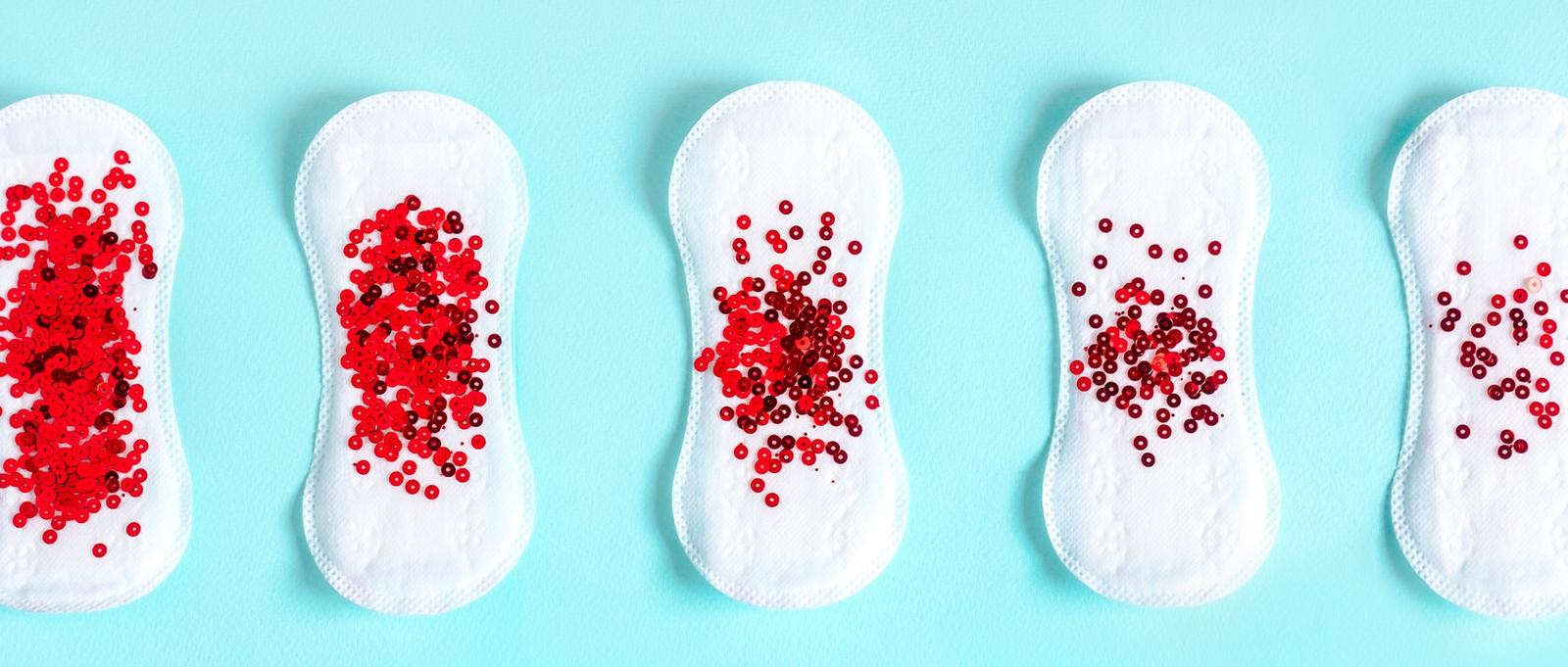
What it's like to go through the menopause when you have HIV
Peer reviewed by Dr Sarah Jarvis MBE, FRCGPLast updated by Milly EvansLast updated 16 Jul 2019
Meets Patient’s editorial guidelines
- DownloadDownload
- Share
- Language
- Discussion
Now that people living with HIV can receive treatment which offers a normal lifespan, there is further information needed on how the virus impacts various life stages. Due to many of those with HIV only now reaching their forties and fifties, research has started shining a spotlight on menopause and the disease.
In this article:
In 2016 there were 10,350 women living with HIV using HIV care services aged between 45-56, when many women will be menopausal.
Continue reading below
'It was daunting'
For Sue Mason, positive voices co-ordinator at Terrence Higgins Trust, going into the menopause as an HIV-positive woman was a confusing and anxious time. "It was quite a daunting experience because I felt as though there wasn't enough information. I didn't go on any other medication because I was scared of the interaction with my HIV drugs. What happens if those medications don't work and start interacting with my other medications?"
Despite her symptoms, which include hot flushes, night sweats and mood changes which affect her daily life, Mason decided not to go on hormone replacement therapy (HRT) due to the medication she was already taking for HIV.
"The big decision not to go on menopause medication was because I was on powerful drugs anyway. Even some of the herbal remedies I've got to be careful with on HIV medication. If there'd been a bit more support, I might have been persuaded," she says.
"I know some positive women that have gone on to HRT and it was okay. But I've had a lot of positive women who have had the same sort of feelings that I had: the anxiousness of taking more drugs and not getting enough information that was transparent on the options," she explains.
Mason's story is not unique - many women living with HIV find that there is a lack of information and support out there when they become menopausal. Mason hopes that more resources have become available since she was looking for support a few years ago.
What the research shows
Dr Shema Tariq was lead researcher on the Positive Transitions through the Menopause (PRIME) study which explored the impact of menopause on women living with HIV, with nearly 900 women from populations across the UK taking part.
Before the PRIME study, very little research into the menopause and HIV had been done, especially in Europe, which is what makes it so notable, says Tariq.
"The PRIME study is one of the largest studies of HIV and the menopause internationally. It has given us important insights into menopause in this group of women such as revealing a high rate of symptoms, and lack of knowledge and support. Our work has gone on to inform national guidelines, and we hope this has led to improved awareness and support for women living with HIV going through the menopause," she explains.
Research into menopause and HIV is a growing area of study as more and more women are living to experience menopause, continues Tariq.
"HIV treatment has advanced to the point where people are living long and healthy lives with HIV. If you look at women in particular, over the last decade we've seen a five-fold increase in the number of women living with HIV in their 40s and 50s. About one in three of the women attending for HIV care in the UK are in this age group. So, although menopause wasn't such an important consideration in HIV care in the past because women weren't living long enough to experience it, it is now an important issue."
Continue reading below
Symptoms and treatment
The symptoms of menopause are the same regardless of HIV status. There is some evidence to show that women living with HIV have an earlier onset of menopause and more intense symptoms but this is limited and often conflicting data. Symptoms of menopause can include hot flushes, difficulty sleeping, low libido, vaginal dryness and low mood, among others.
Some women find it difficult to distinguish between their menopausal symptoms and symptoms of HIV or side effects of medication, which can be a cause of anxiety. For example, night sweats caused by the menopause might cause a woman anxiety as she cannot differentiate them from the sweats or fever caused by an HIV-related infection. A GP should be able to diagnose menopause on symptoms alone.
Dr Tariq says that the PRIME study highlighted "difficulties distinguishing menopausal symptoms from HIV-related symptoms" and "difficulties accessing appropriate menopause care, often being bounced between GPs and HIV specialists". She also found that menopausal symptoms had an impact on HIV management - for example, remembering to take medication.
Treatment for menopause symptoms is the same for those with HIV and those without, although women living with HIV are less likely to be using HRT. This may be due to misinformation and a lack of resources explaining that the benefits and risks of HRT are thought to be the same regardless of HIV status. However, some HIV-positive women, like Mason, simply do not want to be taking more medication on top of their antiretroviral drugs.
Health impact
Nearly half of participants in the PRIME study were shown to be having mental health problems, with 29% of participants screening positive for anxiety and 25% for depression. Both conditions were more prevalent among those with more menopausal symptoms. The changes brought about by the menopause, such as body changes, sleep and impact on sexual function, can all impact women's mental health. Those living with HIV may also be more likely to suffer from depression and anxiety generally, so the compounded effect of HIV and menopause can act as a 'double whammy'.
The PRIME study showed that women living with HIV and going through menopause were more likely to have sexual problems such as a lack of interest in sex, and vaginal dryness. Slightly fewer women without HIV also reported these symptoms. Women with HIV were shown to be more likely to seek help for sexual problems, perhaps due to their more frequent interactions with health services. However, the increase in sexual problems during the menopause was also the cause of mental health issues, as it may impact on self-esteem and relationships, as well as contributing to general frustration and, in some cases, pain.
The researchers on the PRIME study, as well as charities, highlighted the need for more information for healthcare professionals as well as HIV-positive women in order to prepare them for and help them through menopause. Many women involved in the research felt under-prepared for the menopause. 47% of respondents said that they did not have sufficient information about menopause which makes symptoms more distressing. More information may help to alleviate anxiety over symptoms, encourage women to seek help earlier and improve overall quality of life.
The British Menopause Society has released new guidance for health professionals to improve care for HIV-positive women going through the menopause and have worked with HIV and AIDS charity NAM to create a factsheet for the women themselves.
Patient picks for Menopause and HRT

Hormones
How your periods change during perimenopause
Perimenopause means ‘around menopause’. It is the time when your body starts to move towards menopause, which is when your periods stop. During perimenopause, your hormone levels go up and down, which can make your periods more erratic. We look at why this happens - and what you can expect your menstrual cycle to be like during perimenopause.
by Victoria Raw

Hormones
What you need to know about testosterone and menopause
Testosterone is often thought of as 'the male hormone', but it is also an important sex hormone in women and it declines with age. We ask the experts about the impact of testosterone deficiency and whether supplementation is worth considering at menopause.
by Sally Turner
Continue reading below
Article history
The information on this page is peer reviewed by qualified clinicians.
16 Jul 2019 | Latest version

Ask, share, connect.
Browse discussions, ask questions, and share experiences across hundreds of health topics.

Feeling unwell?
Assess your symptoms online for free
Sign up to the Patient newsletter
Your weekly dose of clear, trustworthy health advice - written to help you feel informed, confident and in control.
By subscribing you accept our Privacy Policy. You can unsubscribe at any time. We never sell your data.